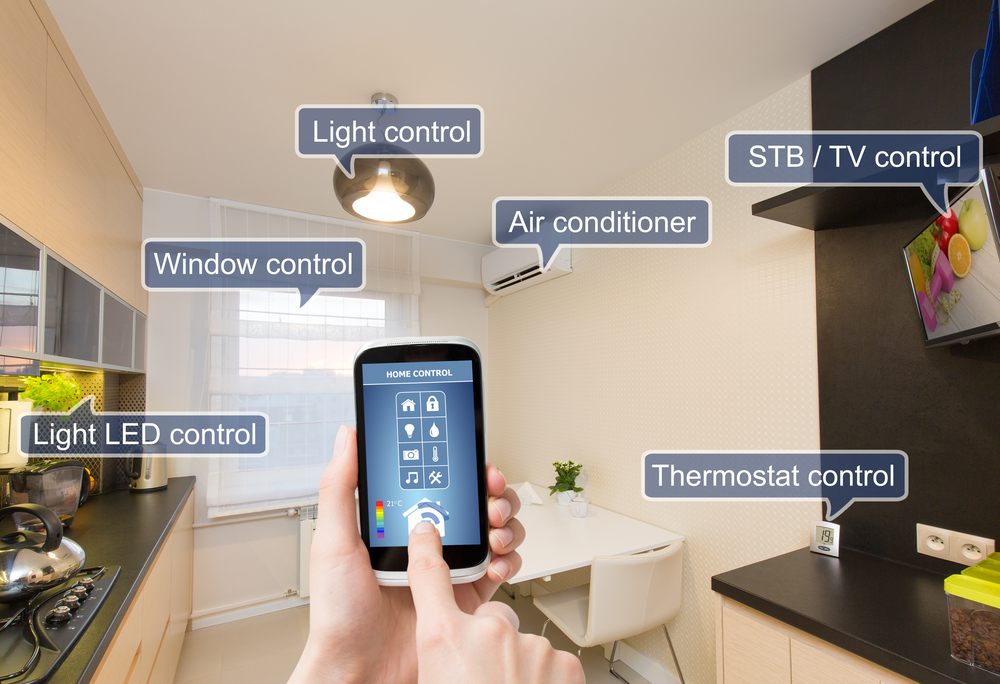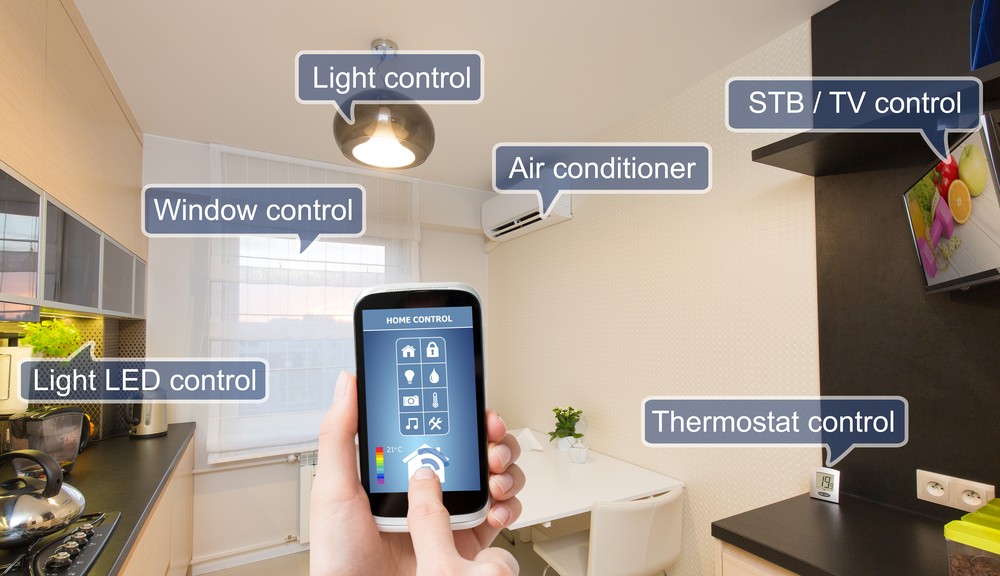Mike Mimoso and Chris Brook discuss the week in news: How the Dutch are opening encryption with open arms, the end of support for IE 8, 9, and 10, and the latest bounty offered up by Zerodium.
Tag Archives: Privacy
What is a VPN and why should you use one?
A Virtual Private Network (VPN) encrypts and transmits data via a connection to remote servers over the Internet — this enables your data to remain secure and private while it travels from one place to the other.
It’s one of the simplest and most effective ways to help maintain your data security and privacy when online, but if that’s not enough, here are some other great reasons why should consider using one:
- Shop and bank online in safety
Thanks to the encryption used on VPNs your data is secured against any unauthorised access from scammers and hackers, which means you can access financial services and shop online with peace of mind. - Protect your privacy and data on unsecured networks
If you’re regularly connecting to multiple wireless networks, especially free public Wi-Fi, then you’ll have no way of knowing who’s monitoring or logging the data that passes through it. A VPN will ensure that all your confidential data is kept as it should be — confidential. - Access services in other geographic locations
If you travel abroad, you might encounter regional restrictions to internet content or services that you would normally be able to access in your own country. A VPN masks your actual IP address, which would otherwise reveal your geographic location, and instead uses the VPN server IP address — especially useful if you rely on specific content and services for doing business or staying in touch with family while travelling.
If you’re not already using VPN and care about your data privacy and security as much as we do, download AVG Safe Surf.
![]()
![]()
SLOTH Attacks Up Ante on SHA-1, MD5 Deprecation
Researchers have demonstrated new collision attacks against SHA-1 and MD5 implementations in TLS, IKE and SSH.
Should I stay or should I go … to Windows 10?
It has been almost half a year since Microsoft released Windows 10, and the decision whether or not to migrate computers to this latest release of Microsoft’s flagship operating system is going to be on the minds of administrators for 2016, says ESET’s Aryeh Goretsky.
The post Should I stay or should I go … to Windows 10? appeared first on We Live Security.
![]()
Microsoft WARNING — 'Use Windows 7 at Your Own Risk'
Someone is threatening Windows 7 users with a misleading warning.
Guess who? Microsoft itself…
Microsoft has just issued a clear warning saying Windows 7 users should remain on the aging operating system “at your own risk, at your own peril.”
But why particularly Windows 7 Users?
Since Windows 7 runs on 55 percent of all the computers on the planet, Microsoft is worried that its
![]()
Is free Wi-Fi Safe?
Public networks are so convenient, they’ve popped up everywhere: cafes, airports, shopping centers. They’re almost everywhere.
But be warned: since your data is traveling through the air—sometimes completely unprotected—hackers could be listening in.
Bad guys could:
- Eavesdrop on what you are doing
- Steal your passwords
- Intercept your communications and alter them, aka a Man-in-the-middle attack
When you’re connecting to an unknown Wi-Fi or network, ask yourself these questions:
- Who owns the network?
- Who else is on the network?
If you don’t know the answers to those questions, don’t do sensitive things like shop or bank online. Wait until you’re home or on a network you trust.
If you absolutely must access your bank accounts or shop for things, use a VPN like AVG Safe Surf to stay protected.
![]()
![]()
Internet of Things: What you need to do to protect yourself
The Internet of Things (IoT) join together physical devices that we use every day with information technology.

We can use devices to monitor our health and fitness, our houses, our environment, and our factories and cities.
Using internet-connected devices expands our ability to control and monitor in the real world. The IoT is literally changing our lives.
The Internet of Things has the potential to fundamentally shift the way we interact with our surroundings. The ability to monitor and manage objects in the physical world electronically makes it possible to bring data-driven decision making to new realms of human activity – to optimize the performance of systems and processes, save time for people and businesses, and improve quality of life.” ~ McKinsey Global Institute study
The potential economic impact of the IoT is astounding – as much as $11.1 trillion per year by 2025 for IoT applications, projected by the same study.
But is there a downside?
In many people’s minds, surveillance, privacy issues, and data breaches seem to be someone else’s problem. “Should I be concerned about all of this?,” people who have “nothing to hide” think. Recently, we published how the Internet of Things can be hacked and what issues arise from the fact that we’re almost 100% online and connected.
Nowadays, all this technology passes through very well-known and yet problematic points: Our home network security. When our early version of Avast 2015 was released, we published many articles about Home Network Security. During the past year, we gathered lots of proof and conducted social experiments to show that…
Your security is as strong as your network security
To protect your security and privacy, you must assure that your network and communications are safe. Although this seems like rocket science, some basic – but effective – measures can and should be taken. It’s really not rocket science, so even us common folk can follow the steps below to make sure we’re prepared to a secure our IoT life.
- 1. Device protection: Install security software on all your connected devices. Avast is a worldwide leader in providing security for Windows, iOS, and Android devices. They can stop malicious actions and make all the difference when you’re online. Your device protection also depends on its own installed software security, thus, keep all your apps and operational system up-to-date.
- 2. Network protection: Not all antivirus software provides for proper network protection. If a cybercrook invades one of your devices –most commonly the router – all your network, devices, and data could be compromised. Avast has unique features to allow you to scan your network and find if there is any open door to hackers.
- 3. Security best practices: There are numerous “best” practices, some of which will save you a lot of headaches. The most important is using different passwords for each online service or site and protecting yourself in open or public Wi-Fi networks. Avast Passwords to manage all your passwords and Avast SecureLine to safely connect you to Wi-Fi, will give you peace of mind.
Avast premium versions include all the protection you need including Home Network Security. You can download and test them for free from the Avast website.
Follow Avast on Facebook, Twitter, YouTube e Google+ where we keep you updated on cybersecurity news every day.
![]()
Tor Project to Launch Bug Bounty Program
The Tor Project announced last week that it plans on launching a bug bounty program this year to encourage security researchers and hackers to responsibly report issues they find in the software.
North Korea's Red Star OS (Looks Like Mac OS X) Spies on its Own People
North Korea has its own homegrown computer operating system that looks remarkably just like Apple’s OS X, which not only prevents potential foreign hacking attempts but also provides extensive surveillance capabilities.
Two German researchers have just conducted an in-depth analysis of the secretive state’s operating system and found that the OS does more than what is known about it.
![]()
IT manager has his bikes stolen after cycling app reveals his home address
British IT manager Mark Leigh is rueing the day that he was careless about information he shared without thinking via a smartphone app because – he believes – it ended up with him having two bikes stolen from his garage.
The post IT manager has his bikes stolen after cycling app reveals his home address appeared first on We Live Security.
![]()

